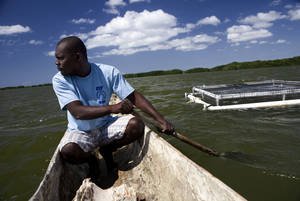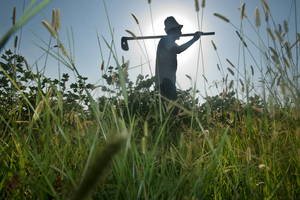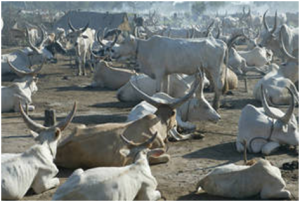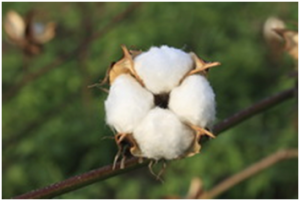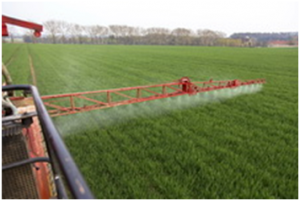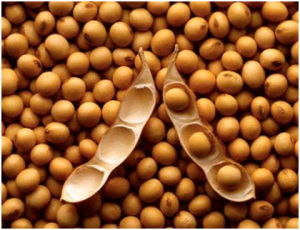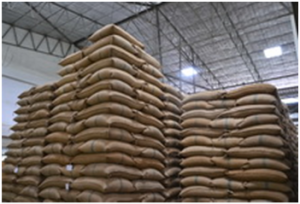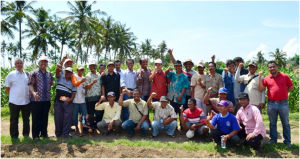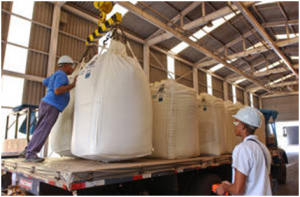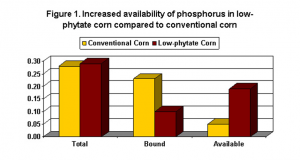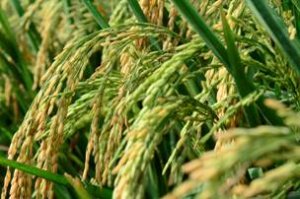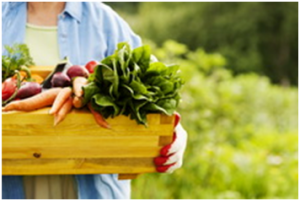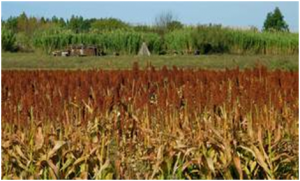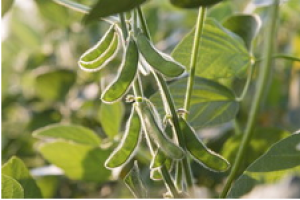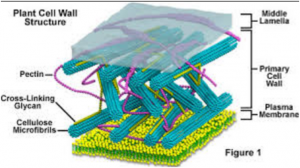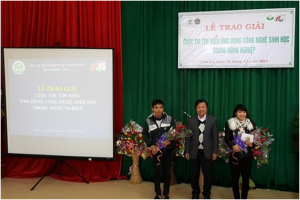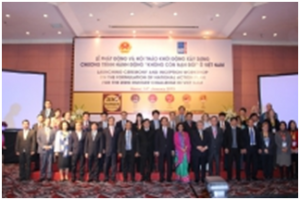|
‘Learning by doing’ helps mothers tackle under-nutrition in Malawi – showing significant improvements in just 3 weeks
Sunday, 2018/01/28 | 06:42:21
|
|
ICRISAT Hyderabad [18 January 2018]: Malnourished children under two in rural Malawi whose mothers were trained in diet diversity, hygiene and food safety have shown significant improvements of their nutrition and health in just three weeks. The study published in the Journal of Public Health Nutrition, Cambridge University Press (https://doi.org/10.1017/S1368980017003652), on January 17, 2018, demonstrates the rapid impact a properly designed nutrition education intervention can have.
Under-nutrition is a persistent and complicated problem in the developing world, where imbalance in nutrition intake is a major problem. Growth impairment resulting from malnutrition is among the highest in Malawi, where over 37% of children are stunted (Malawi Demographic and Health Survey, 2016). Now, a study conducted in rural Malawi has taken on this challenge: in just 21 days, children whose mothers were given comprehensive training on diversified complementary diets, water, sanitation and hygiene (WASH) practices, and food safety, showed significant improvement in wasting, underweight and mid-upper arm circumference (MUAC), all important measures of under-nutrition.
This nutrition research was conducted amongst mothers of children of under two years of age, in the districts of Mzimba and Balaka in Malawi, by a team of scientists from International Crops Research Institute for the Semi-Arid Tropics (ICRISAT), and the Lilongwe University of Agriculture and Natural Resources (LUANAR), in Malawi. This research was supported by the Mc Knight Foundation and the CGIAR Research Programs on Agriculture for Nutrition and Health (A4NH) and Grain Legumes.
The lack of diet diversity is a major concern for the majority of Malawian families who are smallholder farmers, growing crops for both food and income. According to the Food and Agriculture Organization of the United Nations (UNFAO), more than half of the Malawian population lives in poverty, with high food insecurity. Typically, farmers grow maize, relying on the same for their food. Other crops, when grown, are almost always grown for commercial purposes, with only recent interventions encouraging the use of millets and groundnuts for dietary diversity. Women carry out an estimated half of all farming work, alongside the majority of other household tasks and childcare, but often have limited control over household resources.
During the study, scientists ensured that they used locally available foods and practices to develop a model that could significantly improve nutrition amongst young children. Using the food group approach, they developed a porridge recipe that combined nutritionally rich cereals and legumes like finger millet and pigeonpea, in addition to maize, groundnut, carrots, amaranth leaves to complement breastfeeding and provide all amino acids and vitamins and minerals required for child growth. Significantly, the methodology followed in the intervention moves beyond knowledge transfer and instead focused on the participation of mothers who were already raising healthy children to lead cooking and training sessions for mothers with undernourished children. Also known as the positive deviant or Hearth model, this method of ‘learning by doing’ has the benefit of using stakeholders’ knowledge and practices, in order to encourage adoption and ensure continued results outside the duration of the study.
Carried out in the 2014-15 post harvest period among 179 mothers and their children, in-depth data from the study indicates the first significant scope of low-cost nutrition, food safety and hygiene training and the impact such simple practices can have on children’s health. While incidence of diarrhoea almost entirely disappeared, impact on wasting showed progressive improvements on days 7, 14, and 21, with the largest impact observed on the last. Similar trend were noticed in other indices, though the study period was too short for observing effects on stunting. “Using the ‘food group approach’ in addition to basic training on WASH practices, we were able to achieve significant improvements in measures of under-nutrition in just 21 days. If this model were to be scaled with the help of public and private development partners, the gains made could be significant in eradication malnutrition in Africa,” said S. Anitha, an ICRISAT scientist leading the study.
See more: http://www.icrisat.org/learning-by-doing-helps-mothers-tackle-under-nutrition-in-malawi/ |
|
|
|
[ Other News ]___________________________________________________
|


 Curently online :
Curently online :
 Total visitors :
Total visitors :
